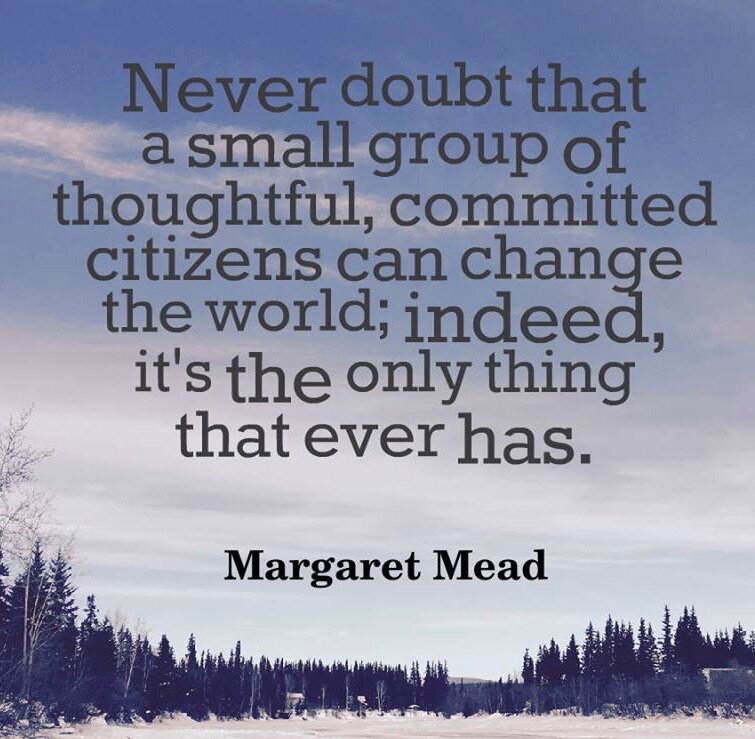You hate being asked to work from home. When Kennedy stated, “Ask not what your country can do for you, but what you can do for your country” you didn’t imagine sitting at your dining room table and turning on your laptop. I know that this isn’t the action-movie version of yourself that you imagined when being called on to serve your organization or your country. It doesn’t feel like you are rising to an occasion, it feels like you are ignoring your duty. You have been asked to phone-it-in on D-Day instead of charging the shore. And this is making you feel helpless when you want to feel heroic.
I have spent the last 20 years working in different governmental and non-governmental institutions with some of the smartest, most dedicated, passionate, hard-working mission-driven people I have ever met. People who chose to take their talents and gifts and devote them to public service instead of profiting from them. People who have worked for years and years on the same project to see it through. People who hold peoples’ lives and livelihoods in their hearts and minds as a routine part of their jobs. People who often do invisible work on large projects and are proud of being part of something bigger than themselves.
And for you, this particular crisis is unbearably painful. In part it is painful because you remember being a part of other crises: ones where you could throw all of your effort at the problem. You slept at the office, you worked around the clock, you did double shifts, you were called to other locations. And in this crisis you are told to go home. And it feels wrong. Because the people who went home in the last crisis weren’t helpful and you were. And above all, you want to help. It’s why you do what you do. It is your noble purpose and now the powers that be aren’t letting you do it the way you want.
This is a complicated crisis because you and your families aren’t separate from it. You have multiple competing demands and you have to hold them all simultaneously, not sequentially. In most of the past crises you were the lifeboat sent out to support a troubled ship. Now we are all both trying to repair issues on the ship, and we are dependent on that ship for ourselves and our loved ones. And this is true for everyone, all over the world.
I know how hard it is to experience stillness as heroism. I know how hard it is to sit with the adrenaline of crisis and believe that you are making a difference from home. It is nearly impossible to feel your impact. I get that. But I say to you, these acts of staying put take even more courage and more faith than running into fire because you have to hold the bigger picture in your head. You have to hold that you are a part of a larger and integrated community that you are not only helping—but that you are a part of. It is harder to feel a part of a team when you can’t see them, can’t see their faces, but there may be no time ever when creating and nurturing a team has been more important.
You are staying home to save lives. Lives you don’t know. Lives two weeks from now. Doctors’ lives. Nurses lives. Beloved grandparent lives. Children’s lives. My sister-in-law and nieces who work in hospitals. Your co-worker’s uncle. The very hallmark of trauma is that is makes us feel helpless, and the antidote to this helplessness is typically action, but in this case, the need, the requirement is to bring your gifts to bear from as distant and safely contained place as you can. There are some who can’t and must go in: medical professionals, grocery employees, and people keeping power lines running etc. But there are many of us who can bring our strength and work to bear from a distance and in this crisis that is the life-saving choice. It doesn’t feel like it. It doesn’t come with the adrenaline rush that other action-oriented responses have come with. But it is what the situation requires. It is a true act of leadership to do what the situation requires—putting aside what would make you ‘feel good’ and doing what would create the best outcome.
So, we need you. We need you perhaps more than ever. We need your talents. We need your gifts. We need your endurance to do your work while you worry about your family. We need your resilience as you do your work while you support your homeschooling child. We need your patience while we all manage to do our jobs remotely and yet stay connected. And most of all, to save lives and win this battle, we need you to stay home.
© 2020 Gretchen Schmelzer, PhD




